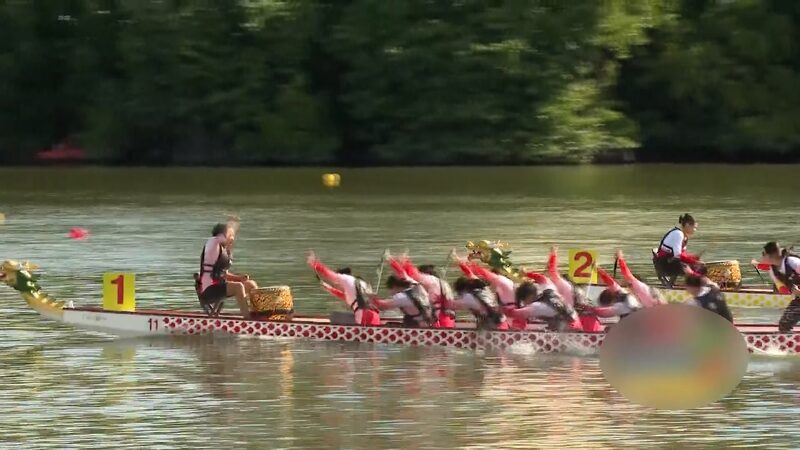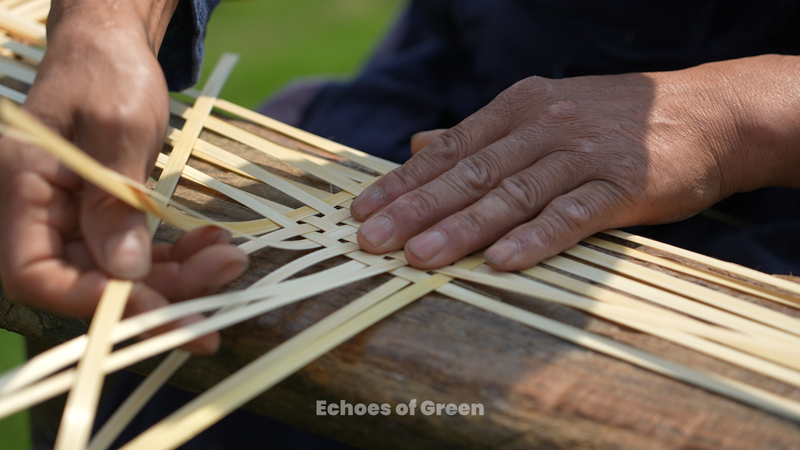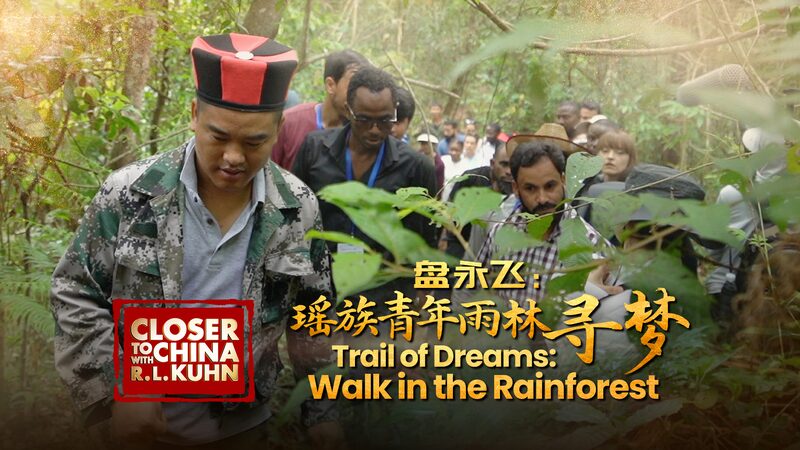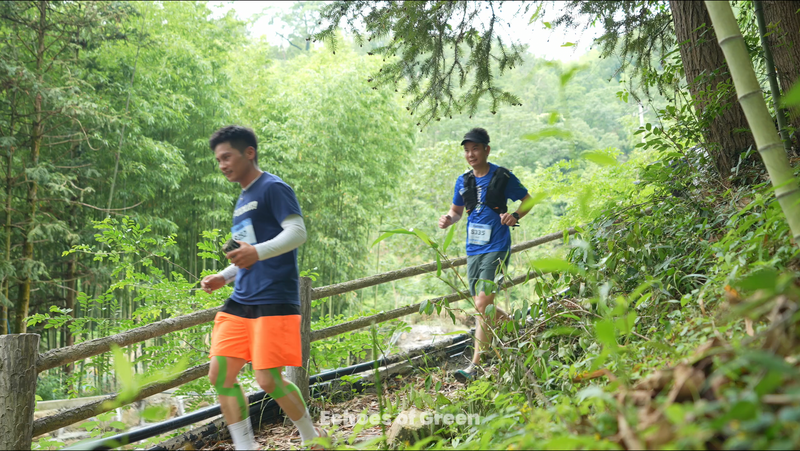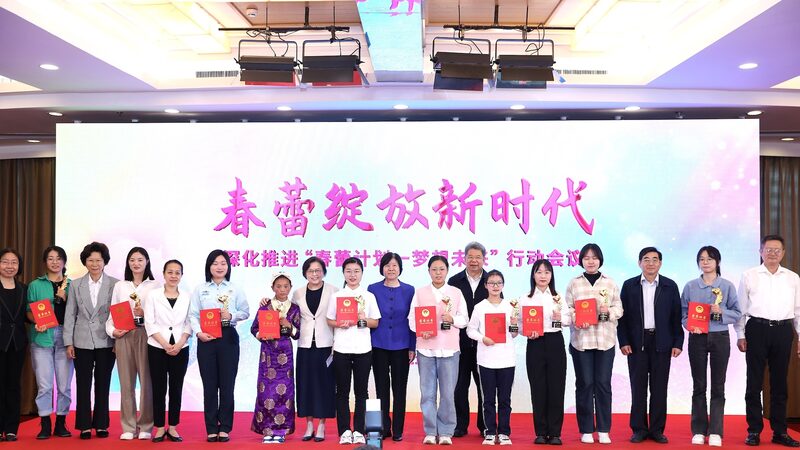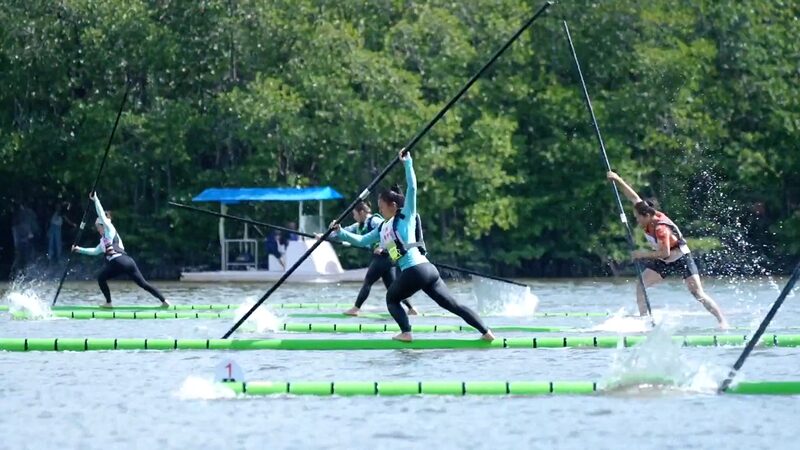In the bamboo-clad hills of Anji, a quiet revolution is unfolding under the footsteps of trail runners. Chen Zhenyu, a visionary entrepreneur, has transformed this region of the Chinese mainland into a living laboratory for sustainable development—using outdoor sports as his primary tool.
From Trails to Transformation
Chen's initiative goes beyond organizing races. By reviving ancient hunting paths and converting abandoned structures into vibrant community spaces, he's created an ecosystem where environmental conservation meets economic opportunity. Local residents now serve as guides, artisans, and hospitality providers, directly benefiting from the influx of outdoor enthusiasts.
Nature as Economic Partner
The project demonstrates how rural areas can leverage natural assets without exploitation. 'We treat every mountain stream and forest path as a stakeholder,' Chen explains. His team uses biodegradable markers for courses and partners with environmental scientists to monitor ecological impact.
Youth Culture Meets Rural Revival
Abandoned tea factories now host trail running festivals featuring live music and art installations, attracting urban millennials and digital nomads. This cultural fusion has sparked new businesses—from eco-hostels to farm-to-table cafes using local ingredients.
A Model for the Future
With volunteer programs attracting participants worldwide and academic institutions studying its approach, Anji's model offers insights for rural regions across Asia. As global interest in sustainable tourism grows, Chen's playbook for combining sport, ecology, and community engagement could redefine rural development paradigms.
Reference(s):
cgtn.com



